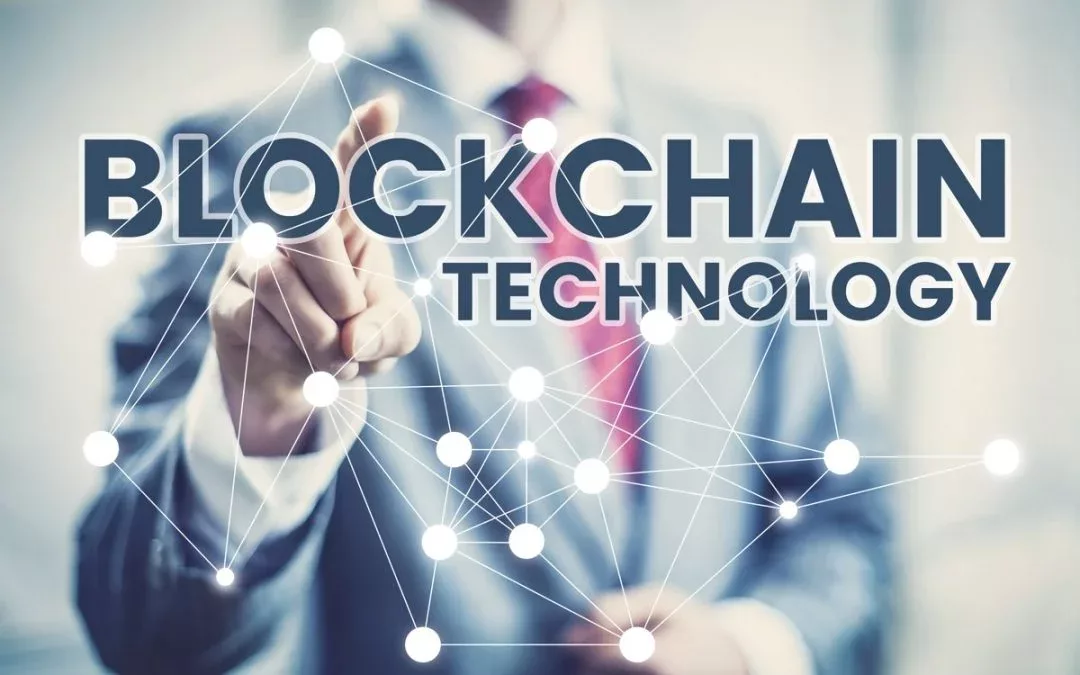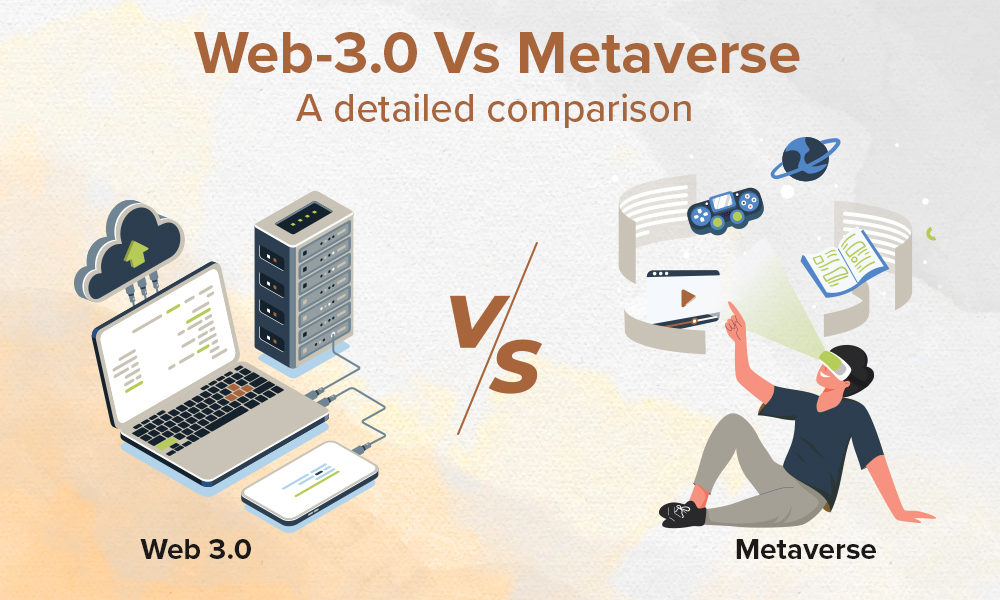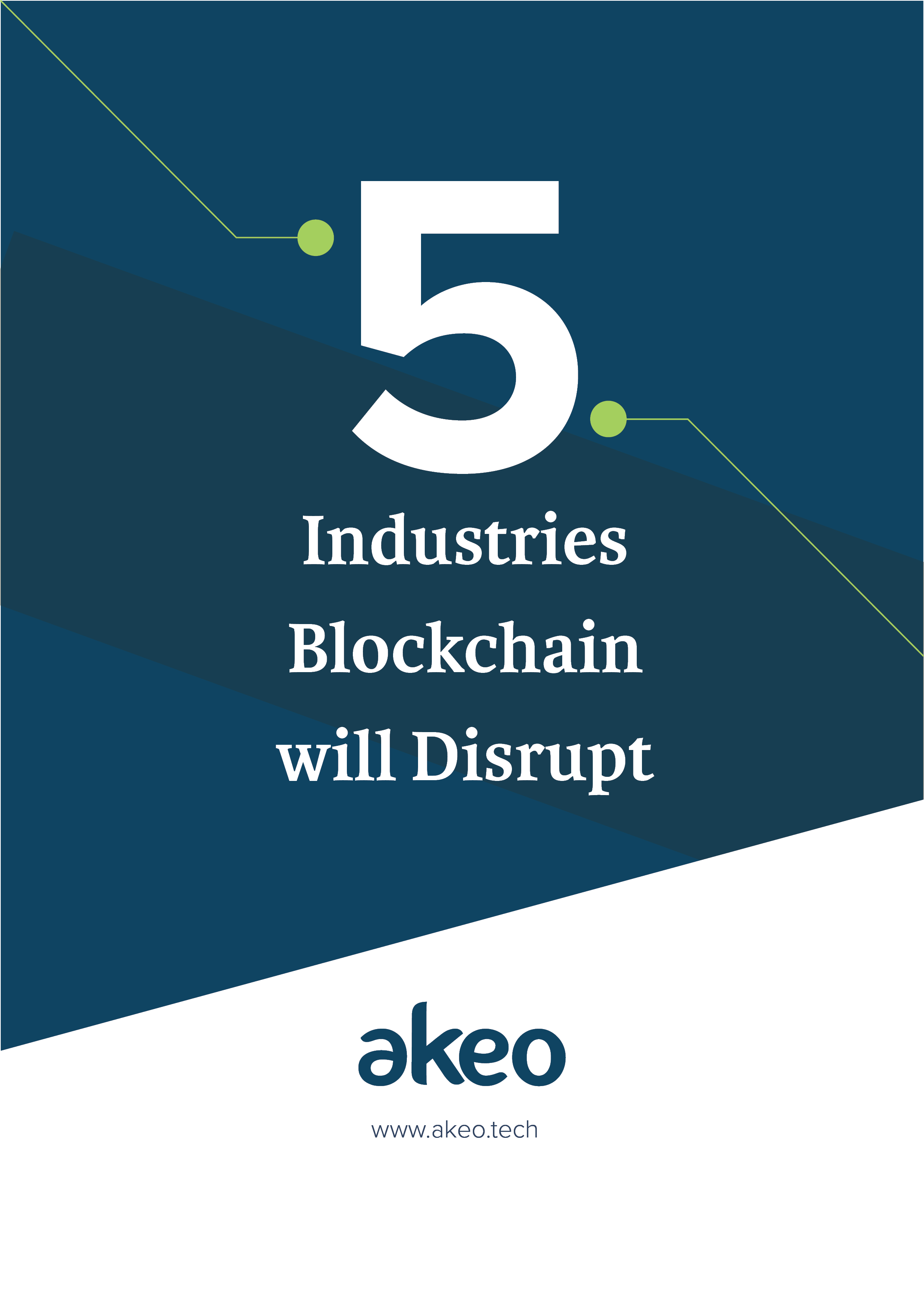Do we know the source of our food that ends up on our table every day?
Do we know the medicines we are prescribed are genuine?
Do we know the daily products we use is a result of fair trade or not?
Do we know the environmental impact of the products we use daily?
The goods travel through a long chain of manufacturers, distributors, retailers with storage and transportation activities along the chain with many other sub-suppliers involved. The supply chains are complex and fragmented. Today in a supply chain the data is stored in silos. The customer demands improved transparency and visibility in the supply chains to make informed decisions.
Blockchain in simple words is a technology to share information in a secure way between parties. It uses a digital ledger of transactions that is shared across the distributed network and common protocol making it nearly impossible to make a fraudulent transaction. The technology is based on cryptographic proof instead of trust, allowing any two parties to transact directly with each other without needing a trusted third-party. We call this a distributed ledger.
According to Gartner hype cycle, 2017 blockchain is at the peak of inflated expectations and says it will take 5-10 years to be adopted in the mainstream. However there few examples of the technology being adopted in logistics. IBM will develop a blockchain solution for Maersk to manage and track the paper trail of tens of millions of shipping containers across the world by digitizing the supply chain process from end-to-end to enhance transparency and the highly secure sharing of information among trading partners. Walmart has teamed up with IBM to develop solutions by utilizing blockchain technology to track its supply chain especially food products. Provenance uses blockchain, mobile, and open data to bring verified information from the supply chain to the point of sale.
The counterfeit drugs in the pharmaceutical supply chain, the contamination outbreaks in the food supply chain, the human right violations in the garment industry, the illegal diamond trade etc needs improved transparency in the supply chain. The supply chain uses tagging and RFID to track the goods but needs a whole new level of secure tracking and governance to meet stringent compliance standards.
Blockchain inherently provides transparency, security, authenticity, and audibility required to fix the supply chain challenges. It also presents huge cost saving advantages to logistics industry with less documentation and instant information sharing capability. Blockchain will drive the next generation supply chains.



.jpg)
